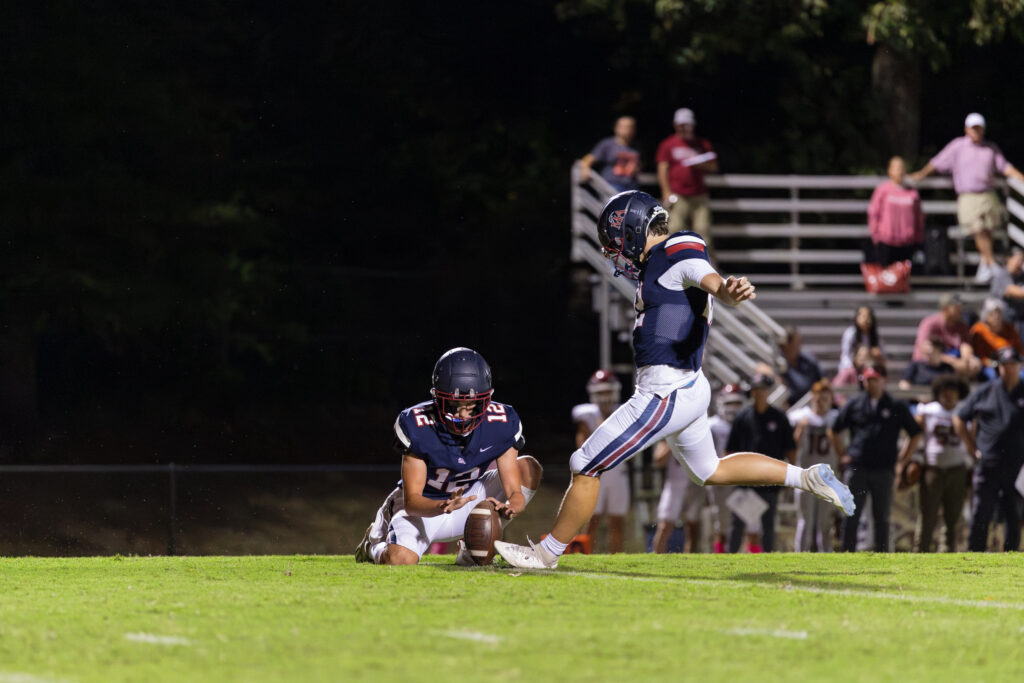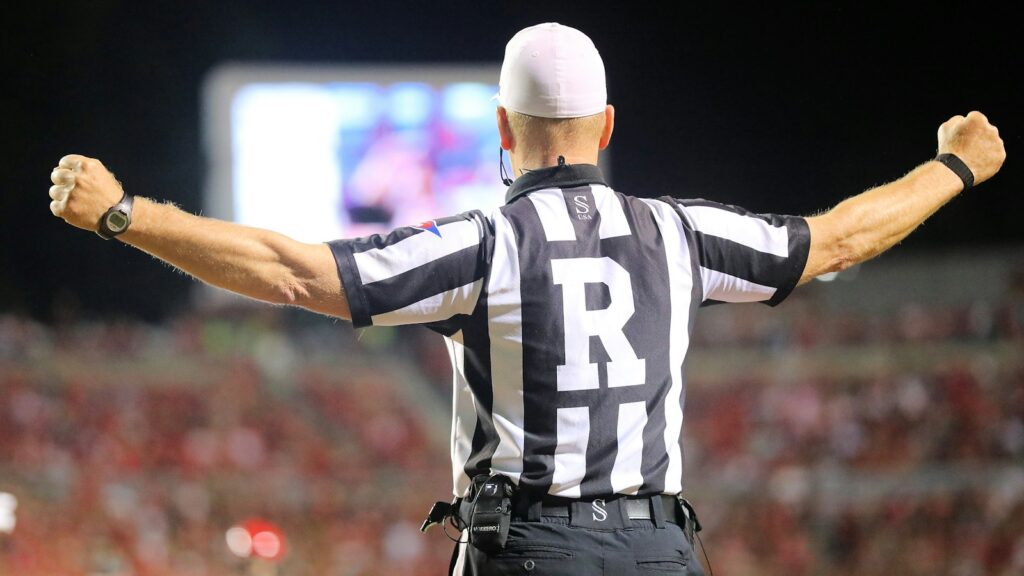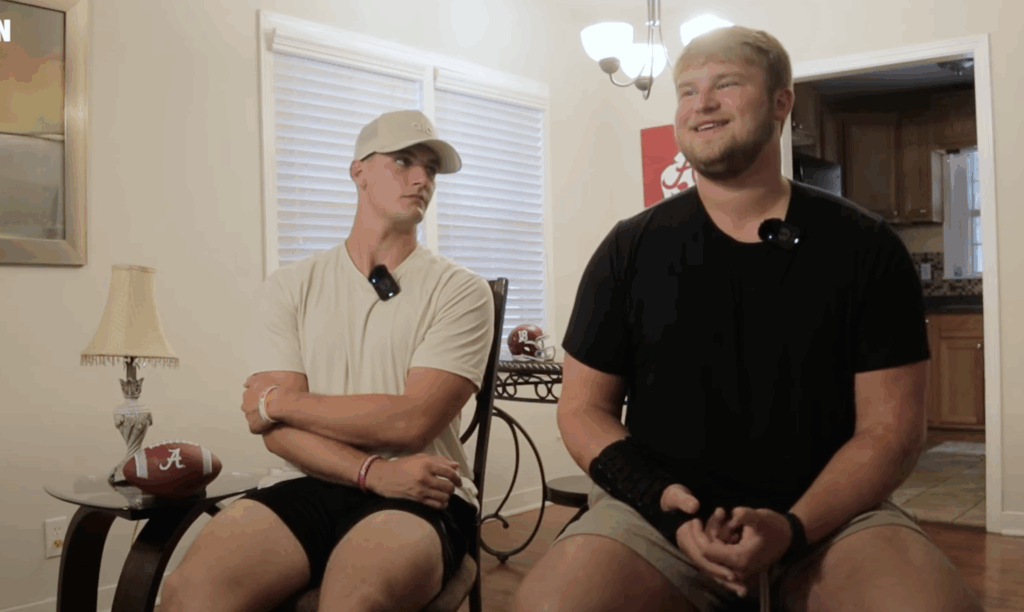When the Los Angeles Dodgers announced plans to honor a pro-LGBTQ group that lampoons Christians, Dodgers pitcher Blake Treinen took a stand.
“I believe Jesus died on the cross for my sins,” he said in a statement released on Twitter. “I believe the word of God is true, and in Galatians 6:7 it says, ‘Do not be deceived, God cannot be mocked; a man reaps what he sows.’ This group openly mocks Jesus Christ, the cornerstone of my faith, and I want to make clear that I do not agree with nor support the decision of the Dodgers to ‘honor’ the Sisters of Perpetual Indulgence.”
Other Christian players take a more subdued approach when their teams express support for homosexuality and transgenderism. Some have strong convictions but don’t feel confident enough to articulate them in a manner that will draw national media spotlight, said Don Gordon, a former Major League pitcher who ministers to professional baseball players through the organization Score International.
“The average fan who is 40-50 years old should probably cut some slack to a 23-year-old who happens to be a Major League Baseball player,” said Gordon, who pitched in the Detroit, Toronto, Cleveland and Milwaukee organizations. “They’re 25 years old. They don’t know everything. Who knows what their level of maturity is. They’re going out there to play baseball. They don’t realize that they’re now a spotlight for these issues that come and go in our culture.”
‘Bottom line’
The bottom line: Speak against baseball organizations’ pushing unbiblical agendas, but give Christian players freedom to respond according to their consciences. That’s the conclusion of believers who minister to professional players, coaches and front office personnel.
LGBTQ pride displays drew a cultural spotlight this week when Dodger Cy Young Award winner Clayton Kershaw spoke against his team’s decision to honor the Sisters of Perpetual Indulgence, a satirical LGBTQ organization. The Dodgers rescinded their decision to honor the group in mid-May but reversed course and apologized less than a week later. Kershaw pushed the Dodgers to reinstate Christian Faith and Family Day as a counter-emphasis. The Dodgers will hold Pride Night June 16, where they will honor the satirical group, and Christian Faith and Family Day July 30.
“This has nothing to do with the LGBTQ community or Pride or anything like that,” Kershaw said this week. “This is simply a group that was making fun of a religion,” and “I don’t agree with” it.
Washington Nationals pitcher Trevor Williams opined as well, tweeting that to honor a group which “makes a blatant and deeply offensive mockery of my religion … undermines the values of respect and inclusivity that should be upheld by any organization.”
With Pride Days scheduled at stadiums across MLB this summer, more faceoffs between players and management seem inevitable. A similar faceoff occurred in the NHL this season when a handful of professional hockey players opted not to wear rainbow-colored jerseys on their teams’ Pride Nights.
Culture wars
For Christian athletes, there is no one-size-fits-all solution to the culture wars, Gordon said.
Kershaw “is taking a stand, which I admire and I respect,” he said. “I’ve been praying for him.” At the same time, “there are factors the average fan will not understand because it’s unique to the culture of playing baseball professionally.”
Teams promote the LGBTQ agenda for financial gain, according to Christians involved with MLB who spoke with Baptist Press. They seek to draw fans, avoid bad publicity and stay clear of litigation. Responding to the financial pressures of baseball can involve calculations more nuanced than baseball fans realize, said Jeff Iorg, who ministered directly to MLB players for 10 years.
“There are some things a baseball player may be contractually obligated to do that the average fan doesn’t readily see,” said Iorg, president of Gateway Seminary. Contracts and collective bargaining agreements may require players to wear a certain uniform on a specific day while other activities, such as making a gay pride video, may be optional.
To refuse performing a contractual obligation may distract the team, Iorg said, causing a media circus and ultimately a poor Christian witness. Sometimes the best Christian witness may be to play well and not assume the role of a media spokesman for Christian ethics.
“All fans need to be patient and understand that players are making agonizing decisions about what to do and how to do it,” he said. “Those decisions often have ramifications within the team and within the workplace that fans would never see.”
In Los Angeles, Treinen continues to find the controversy an occasion for Gospel focus.
“I understand that playing baseball is a privilege, and not a right,” he said. “My convictions in Jesus Christ will always come first.”
EDITOR’S NOTE — This article was written by David Roach and was originally published by Baptist Press, news service of the Southern Baptist Convention.






Share with others: